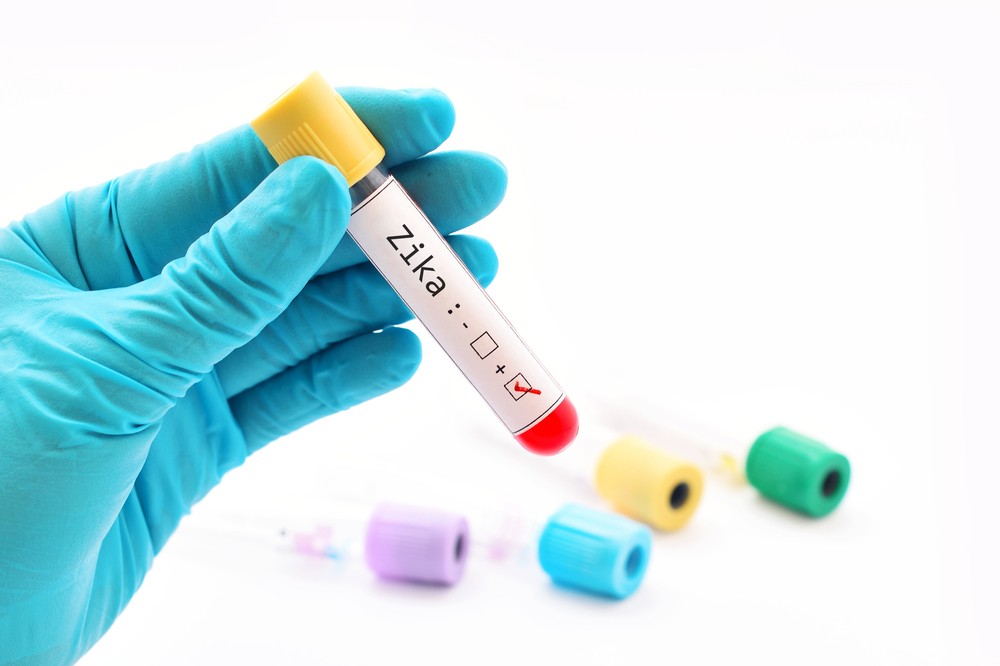Zika infection present in almost third of world
Change text size
Gift Premium Articles
to Anyone
 Brazil has confirmed 1,113 cases of microcephaly and considers them to be largely related to pregnant women being infected by the Zika virus. The country is currently investigating another 3,836 suspected cases of microcephaly. (Shutterstock/-)
Brazil has confirmed 1,113 cases of microcephaly and considers them to be largely related to pregnant women being infected by the Zika virus. The country is currently investigating another 3,836 suspected cases of microcephaly. (Shutterstock/-)
S
cientists are running against time to avoid a global health crisis as the Zika virus is spreading fast with almost a third of countries in the world having been infected with the virus.
As of Monday, close to 60 countries have reported Zika infections, said WHO director general Margaret Chan.
“The more we learn about this disease, the more worried we get, because it really took scientists [...] by surprise,” said Chan during the opening plenary session of the fourth Women Deliver conference in Copenhagen, Denmark, on Monday.
The US Centers for Disease Control and Prevention (CDC) concluded that the Zika virus was a cause of the birth defect microcephaly and other severe brain abnormalities in babies.
(Read also: Still many questions about Zika's threat to pregnant women)
Now that the causal relationship had been established, the CDC said, long-term studies must be undertaken to try and answer important questions.
For instance, the long-term health consequences of contracting Zika are unclear. Conclusive evidence of the damage caused by Zika may take months or years to appear.
Other uncertainties surround the incubation period of the virus and how Zika interacts with other viruses that are transmitted by mosquitoes, such as dengue.
Brazil has confirmed 1,113 cases of microcephaly and considers them to be largely related to pregnant women being infected by the Zika virus. The country is currently investigating another 3,836 suspected cases of microcephaly. Meanwhile, Colombia has confirmed two cases of microcephaly linked to Zika.
Current research in Brazil indicates a higher risk of contracting microcephaly if infected by Zika during the first trimester of pregnancy, but health officials have warned symptoms could only appear in later weeks. Recent studies have shown evidence of the virus' presence in amniotic fluid, the placenta and fetal brain tissue.
(Read also: US officials: The more we learn about Zika, scarier it is)
“A mosquito bite during pregnancy can bring all this devastation to a woman, to their family and a society and country as a whole. So we are now working very hard with scientists to [find] the definitive cause,” Chan said.
There is no treatment or vaccine for the Zika virus. Companies and scientists are racing against time to develop a safe and effective vaccine for Zika, but the WHO said it would take at least 18 months to start large-scale clinical trials of preventative shots.
“We are working with institutions to develop a vaccine but it's not in sight yet. So we need to look at other mechanisms,” said Chan. (kes)
Click here to read other news related to Zika virus.









